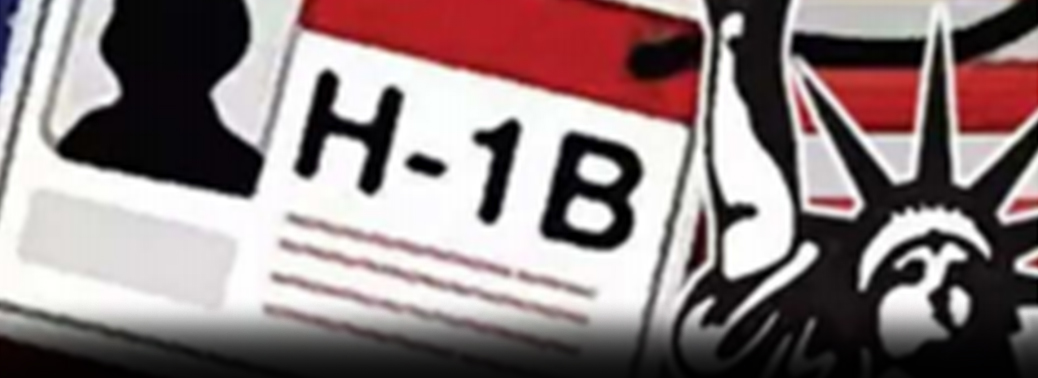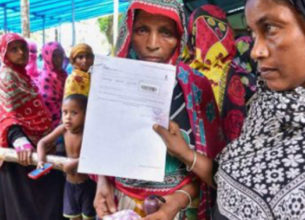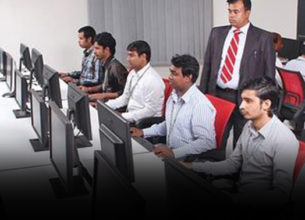U.S. START-UPS CONCERNED OVER IMMIGRATION CURBS
04, Jun 2019

Prelims level : International
Mains level : Governance, Constitution, Polity, Social Justice and International Relations
Why in News:
- The start-up community in the U.S. is concerned about the increasingly protectionist stance taken by the Trump administration on immigration, saying that this would detrimentally affect innovation in their sectors.
Details:
- U.S. President recently unveiled a new merit-based
immigration system that “protects American wages and safety net programs”, which will see the emphasis on highly-skilled immigrants allowed to enter the U.S. increase from the current 12% to 57%. In other words, those not meeting that ‘highly-skilled’ mark will find it much harder to move to the U.S. Last year, the Department of Homeland Security proposed a regulation that sought to scrap the International Entrepreneur Rule, an Obama-era programme that made it easy for entrepreneurs to do business and grow in the U.S. - This move, coupled with the Trump administration’s clamping down on H1-B visas, has meant that an increasing number of potential tech immigrants are looking at other countries.
H1-B visa rejection
- Data from the United States Citizenship and Immigration Services show that the rejection rate for H1-B visas — the ones that allow tech companies to bring in highly-skilled workers from abroad — climbed to nearly 25% in the October-December 2018 period, and about 17% in the January-March 2019 quarter.
- According to some estimates, about 75% of all H1-B visa holders are Indians.
What is H1 B visa?
- The H-1B visa is a non-immigrant visa.
- It allows US companies to employ foreign workers in speciality occupations that require theoretical or technical expertise.
- Technology companies depend on it to hire tens of thousands of employees each year from countries such as India and China. The H1-B visa has an annual numerical limit cap of 65,000 each fiscal year, as mandated by the Congress. The first 20,000 petitions filed on behalf of beneficiaries with a US master’s degree or higher are exempt from the cap.
- According to the US Citizenship and Immigration Services (USCIS), between 2007 and 2017, it received the maximum number of 2.2 million H-1B petitions from high-skilled Indians. India was followed by China with 301,000 H-1B petitions during the same period.








